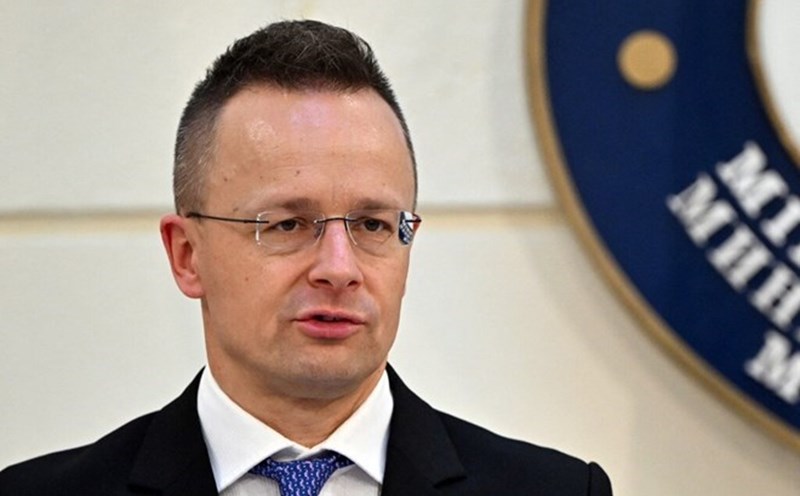A Hungarian source familiar with the matter said that the Budapest government has recently filed a lawsuit against the European Council (EC) decision to transfer frozen Russian assets to provide aid to Ukraine through the European Peace Fund (EPF).
The lawsuit was filed in July and this week, the court accepted it for review. The lawsuit against the EC decision was approved in May 2024, which was the basis for using frozen Russian assets to support Ukraine, including in the military sector.
The EC has decided that almost all of the profits from taxing income from frozen assets will be transferred to EPF, which will compensate for military aid costs for Kiev, the source said.
The decision stipulates that 99.7% of profits from the management of frozen Russian assets will be transferred to the fund, creating a stable annual financial source of 3 to 5 billion euros (3.5 to 5.5 billion USD) to help Kiev.
"Although EPF has allocated more than €11 billion to Kiev, the trial could last for years, and during this time, payments could continue through another tool," the source added.
Observers say the move appears to be in line with Hungary's Foreign Minister Peter Szijjarto's statements last month.
On July 24, Hungary's top diplomat said that Budapest had never and would never provide weapons to Ukraine because it did not want to be a part of the conflict in Eastern Europe.
Mr. Szijjarto affirmed that Hungary's main goal is to maintain a non-professional stance in the conflict, and affirmed that this view will be maintained as long as the current Budapest government is in office.
Foreign Minister Szijjarto said that Hungary will not allocate any financial resources to Ukrainian military aid. This means that Budapest could not only tighten the state budget but also use its boycott to hinder the European Union's (EU) support plans for Ukraine in the future.










